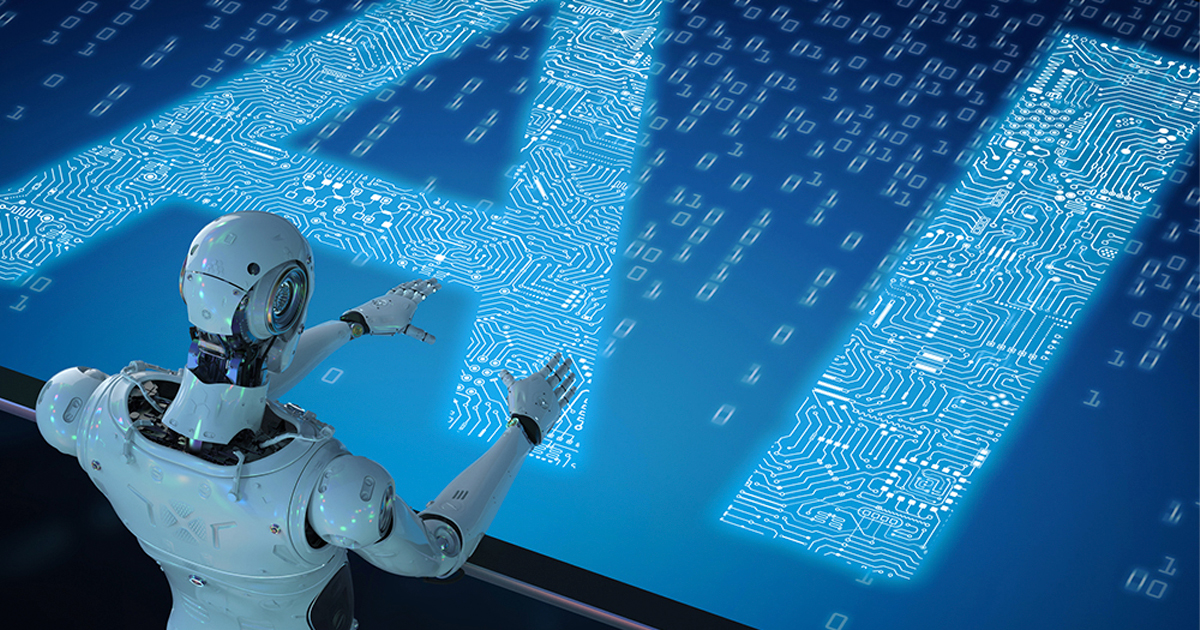Artificial Intelligence (AI) and Machine Learning (ML) are two of the most significant technological advancements of the 21st century. They have already made a significant impact on various industries and continue to show great potential for improving our lives in the future. However, they also come with their fair share of potential drawbacks and ethical considerations. In this article, we will explore the current state of AI and ML, their recent advancements, and how they are being used in various industries. We will also delve into the ethical and societal implications of these technologies.
Recent Advancements in AI and ML
One of the most significant advancements in AI and ML technology is the development of deep learning algorithms. These algorithms allow machines to learn from large sets of data and improve their performance over time. This technology has been used to develop image recognition software, natural language processing systems, and even autonomous vehicles.
Another noteworthy advancement in AI and ML is the development of Generative Adversarial Networks (GANs). GANs are a type of neural network that can generate new data that is similar to the training data they were given. This technology has been used to generate realistic images and videos, and it has the potential to revolutionize the creative industry.
AI and ML in Various Industries
AI and ML technology is already being used in various industries to improve efficiency and productivity. In healthcare, AI is being used to develop new drugs and treatments, improve diagnostics, and even predict patient outcomes. In finance, AI is being used to develop trading algorithms and fraud detection systems. In transportation, AI is being used to develop self-driving cars and optimize traffic flow.
One of the most significant benefits of AI and ML is their potential to automate repetitive and mundane tasks, allowing humans to focus on more complex and creative work. However, this also raises concerns about job displacement and the need for re-skilling and education to keep up with the changing job market.
Ethical and Societal Implications of AI and ML
AI and ML also come with their fair share of potential drawbacks and ethical considerations. One of the most significant concerns is bias in AI algorithms, which can lead to unfair treatment of certain groups of people. For example, facial recognition software has been shown to have higher error rates for people with darker skin tones.
Another concern is the privacy implications of AI and ML. These technologies require access to vast amounts of data, and there is a risk that this data could be misused or fall into the wrong hands. For example, data breaches could lead to sensitive personal information being exposed.
Finally, there is the concern of job displacement. While AI and ML have the potential to automate many tasks, they could also lead to job losses in certain industries. This underscores the need for re-skilling and education to prepare for the changing job market.
Conclusion
AI and ML are two of the most significant technological advancements of the 21st century. They have already made a significant impact on various industries and continue to show great potential for improving our lives in the future. However, they also come with their fair share of potential drawbacks and ethical considerations. It is important to continue to monitor and address these issues to ensure that these technologies are developed and used in an ethical and responsible manner.
